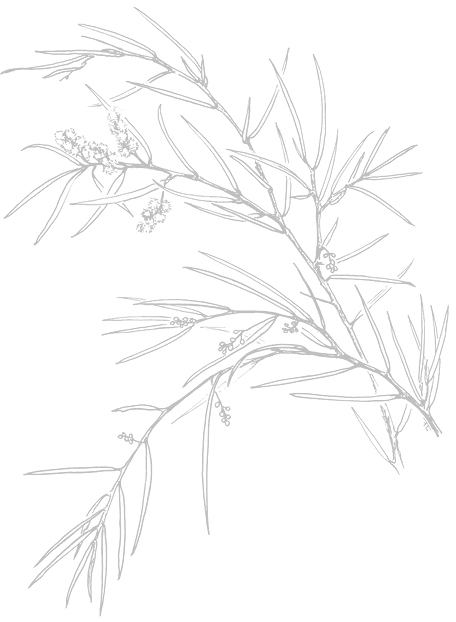
Scientific Name: Liparophyllum exiguum Endemic Having a natural distribution confined to a particular geographic region
Common Name: dwarf marshwort
Family Classification (Clade): Eudicots
Family: Menyanthaceae
Form Description: Small perennial herb, has runners in wet mud, but floating and tangled when aquatic.
Flowers: Single pale-yellow flowers.
Fruit: Woody capsule
Municipality
Plant Communities
Habitat Notes
Occasional in short alpine herbfield and aquatic vegetation in the eastern mountains, saltmarshes at Southport, lagoons at the mouth of the Pieman River, and in marshy ground at Huonville. Found in shallow fresh or brackish water and constantly wet mud.
Site Tolerance
Exposed, Waterlogged, Windy
Soil Tolerance
Nutrient-poor, Poorly-drained
General Notes
Aquatic plant.
Propagation Calendar
-
Flowering Month
Jan Feb Mar Apr May Jun Jul Aug Sep Oct Nov Dec -
Seed Collecting Month
Jan Feb Mar Apr May Jun Jul Aug Sep Oct Nov Dec -
Sowing Month
Jan Feb Mar Apr May Jun Jul Aug Sep Oct Nov Dec -
Cutting Month
Jan Feb Mar Apr May Jun Jul Aug Sep Oct Nov Dec
Propagation Method
Seed Information
Seed Treatment Method
Bog Method The seeds of many wetland species need to be kept wet to germinate. Punch a hole in the side of a recycled polyfoam box so that it holds water to the required depth. Sit the tubes in the box to germinate. Once germinated, punch holes in the bottom of the box to allow drainage.
Cutting & Division Information
Can be grown by division of clumps.